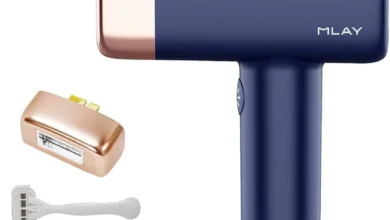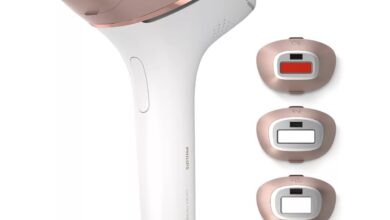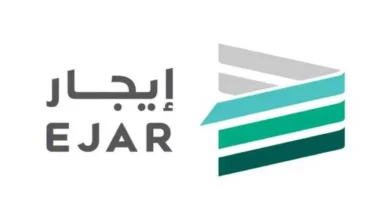What is Required by Law: Minimum Auto Insurance Coverages Explained

What is Required by Law: Minimum Auto Insurance Coverages Explained:As a responsible driver, it’s crucial to understand the minimum insurance coverage requirements set by the law. Knowing what type and amount of coverage you need can help protect you financially in the event of a car accident. The consequences of not having enough coverage can have drastic ramifications for both you and others involved in the accident. In this article, we’ll explain the basics of minimum auto insurance coverages required by law. So, buckle up and read on to learn more about protecting yourself and others on the road.
No-Fault Insurance
Noault Insurance, also known as Personal Injury Protection (PIP), is an auto insurance coverage that pays for medical expenses and lost earnings for a driver or passenger injured in a car accident, regardless of who is at fault. In New York, the state where No-Fault Insurance is required, the coverage provides up to $50,000 per person injured in the accident. This coverage is meant to restore individuals to health and productivity as quickly as possible. No-Fault Insurance is primary to health insurance, meaning it pays first in the event of an injury due to an auto accident. The Basic No-Fault coverage includes medical and rehabilitation expenses, lost earnings from work, reimbursement for other reasonable expenses, and a death benefit. This coverage does not pay for auto body repairs or damage to other parties’ vehicles or property. Lawsuits due to auto accidents can be brought only for economic losses that exceed No-Fault benefits and for non-economic damages only if a serious injury is sustained.
Liability Coverage
Liability coverage is a mandatory type of auto insurance that every driver should have. It helps pay for the damages and injuries you may cause to another person or their property in an accident. Bodily injury liability pays for the other driver’s medical bills and lost wages due to the injury, while property damage liability covers the cost of repairing or replacing the other driver’s car or property that you damaged. The state minimum for liability coverage varies by state and it’s important to check your state’s requirements to ensure that you are adequately protected. Liability coverage doesn’t cover your own car or injuries, so it’s important to consider additional coverage options if you want to protect yourself and your own vehicle. While liability coverage may be the cheapest option, it’s essential to have the right amount of coverage to avoid paying out of pocket for damages you may cause in an accident.
Uninsured Motorist Coverage
Uninsured motorist coverage is a type of car insurance that protects drivers who are hit by another driver with no auto insurance or inadequate coverage. This coverage is mandatory in many states and highly recommended for all drivers. Uninsured motorist coverage includes both uninsured motorist bodily injury (UMBI) and uninsured motorist property damage (UMPD) coverages. UMBI pays for medical bills for the driver and any passengers involved in the accident, while UMPD covers repairs to the driver’s vehicle. Underinsured motorist coverage is usually offered alongside uninsured motorist coverage, and it protects drivers who are hit by a driver who doesn’t have enough insurance to pay for the damages or injuries they caused. Purchasing uninsured motorist coverage is important for all drivers, as nearly 13% of drivers nationwide do not carry auto insurance. In some states, the number of uninsured drivers is over 20%.
Personal Injury Protection (PIP) Requirements by State
Personal Injury Protection (PIP) is a type of car insurance required in 12 US states. These states include Delaware, Florida, Hawaii, Kansas, Massachusetts, Michigan, Minnesota, New Jersey, New York, North Dakota, Oregon, and Utah. PIP covers medical expenses, loss of income, funeral expenses, and more in case of an accident, regardless of who is at fault. Covered expenses include ambulance services, medical and surgical treatment, hospital stays, nursing, medication, medical supplies, X-rays, rehabilitation, prostheses, dental and optical treatment, and chiropractic services. PIP also covers childcare expenses, lawn care or house cleaning expenses, and services expenses. However, PIP does not cover injuries to other drivers involved in an accident, injuries from accidents that occur while a covered driver is using their car to make money, injuries from accidents that are caused intentionally, and injuries resulting from accidents that occur while the covered driver is committing a crime. Coverage amounts and requirements vary by state, and in some states, consumers are responsible for up to 20% coinsurance for medical expenses.



